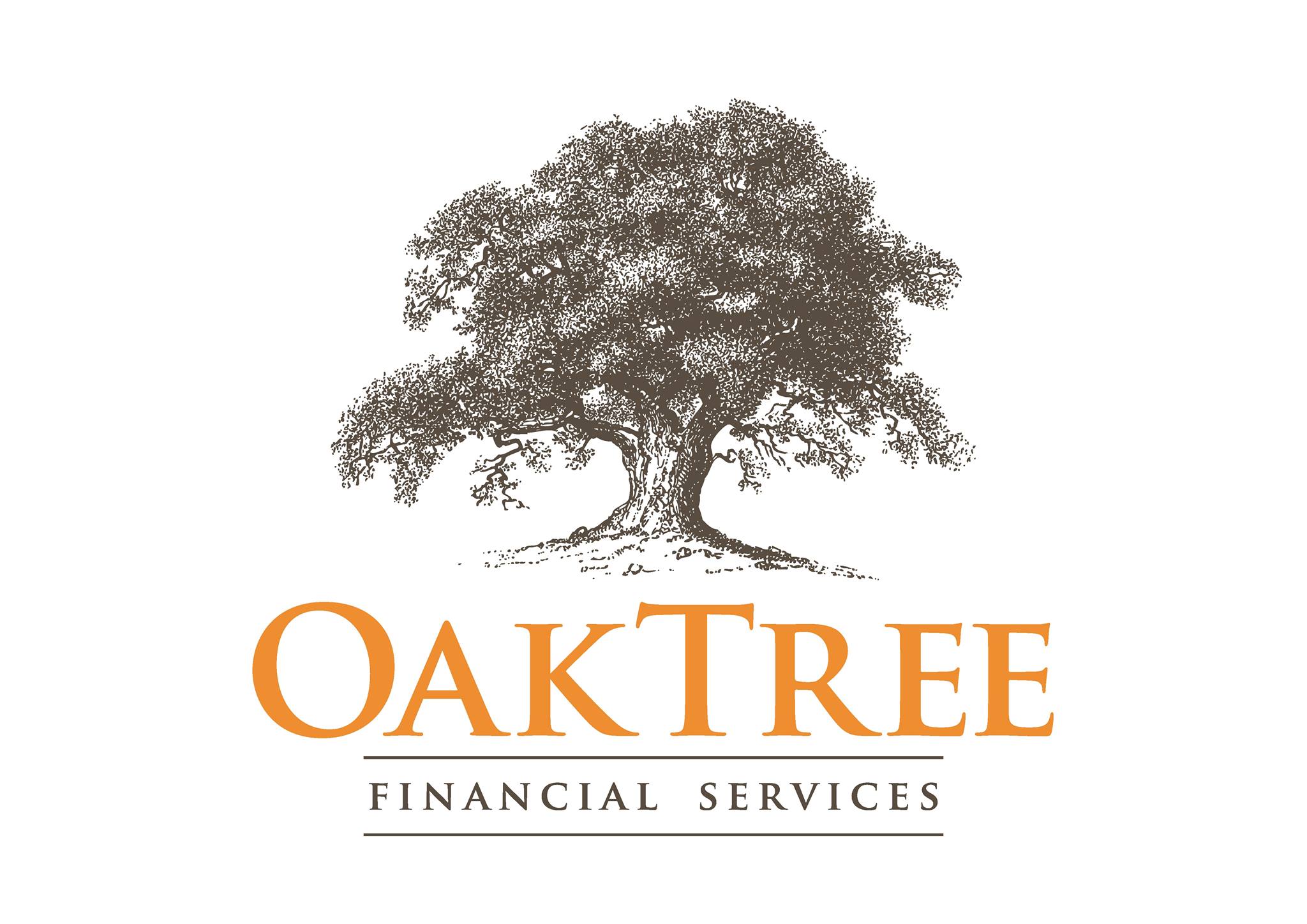Is now the time to take control of your finances, aim to build your wealth and shape your future? Try these seven tips for trying to grow your money in your 30s and 40s.
When you were in your 20s, you probably had a vision of what your 30s and 40s would look like. Maybe a thriving career, an amazing social life and an impressive pension plan all made your list. The reality is you might not be quite there yet – but that’s okay!
Your specific goals, needs and priorities will naturally shift over time but saving for your future should be a focus no matter your age. The more you save when you’re young, the more financial freedom you’ll potentially have to do what you love later. So here are some tips for growing your money and getting your savings up to where you want them to be.
1. Set some goals
We should probably caveat that by saying set some realistic goals. Think about what you really want to achieve with your savings and when.
It’s likely you’ll have a mix of short and long-term goals, and you might need to consider the best way to save for each.
So, while saving what you can afford into your pension plan throughout your working life is important, a big 30-something goal for lots of people is getting onto the property ladder. If you’re saving for the short or medium term, it’s worth considering different a savings plan.
2. Get to know your pension
You may need to put aside some money for short-term needs, but your pension plan is arguably the most tax-efficient way to save for your future. If you can afford to save more into it now, it could make a big difference to the choices you have in future. So even if retirement feels like a faraway dream, make time to start focusing on it as a key part of your future plans. Here are some of the benefits of long term investing.
Saving now to pay yourself in retirement could feel like an overwhelming task, but it might not be as hard as you think. Most people with a pension plan (including self-employed people) get extra money added in by the government as tax breaks. Plus, your employer is likely to be paying in to your plan too. Some may even offer to match your payments, and some will pay in more if you do too. So, your savings may grow much more quickly than you might think.
3. Knowledge is power
Knowledge can be the most useful tool when it comes to potentially growing your savings. Feeling informed will help you feel confident. It’s important that you’re able to not only try to grow your money but manage that money effectively too.
Increase your knowledge about topics like investing, how credit cards work, credit scores, saving for the future, insurance, retirement and taxes. Understanding these topics will help you make smarter decisions, be more prepared for your financial future and help you manage any unexpected bumps along the way.
Tackle one topic at a time. Start with the one you’re most interested in and build it up from there.
4. Budgets don’t have to be boring
If you want to get better with money and free up more to save towards your future, the first step is to get a proper grip on the money going into your account and the money going out.
Look online for budgeting software or smart bank accounts that can honestly make budgeting fun. Just be careful to protect yourself against scams which aim to take your personal information or money.
When you have a budget, all the bills, car repairs, dance classes, holidays and so on should all be less of a juggle.
You’ll know how much money you have, where it’s going, and you’ll likely be motivated to stick to your plan. And importantly, you’ll know how much is left at the end of the month that could be saved towards your future.
5. Keep an eye on your investments
If part (or all) of your savings are tied up in investments, it’s a good idea to regularly review them to make sure they’re still right for you, particularly if you’re managing them yourself.
You want to be comfortable that what you’re invested in is in line with your goals and your attitude to risk – which are likely to change at different points throughout your life.
If you’re not comfortable managing your own investments, there are options available if you want to take a step back and let the experts do the work for you.
Remember that the value of investments can go down as well as up and you could get back less than was paid in.
6. Manage any debt
Apart from setting up a ‘rainy day’ fund and putting money into your pension plan, think about ways to manage things if you have debts, loans or credit cards running at double-digit interest rates. Check the interest rates on any loans. Could you move to lower interest-rate cards or loans? If you’re worried about debt, there’s lots of great help and advice available.
7. Plan for those next big life milestones
By failing to prepare you are preparing to fail as the saying goes. Milestones like weddings, honeymoons, babies, new homes, new kitchens, family holidays, career breaks, university degrees, start-up businesses and retirement all need to be planned for.
It’s better for you and your finances if you can achieve your milestones on your terms and to your budget.
Spend time researching the costs and look before you leap. Don’t be afraid to scale back to keep costs realistic for you. An off-the-peg wedding dress can look as amazing as one that’s bespoke. Will baby notice your brand of pram? Could the bathroom be fixed instead of replaced?
If you would like to discuss further, please call us on 025-30588 or book a complimentary chat here. We are always happy to help whether it is in our office, via zoom or over the phone.


